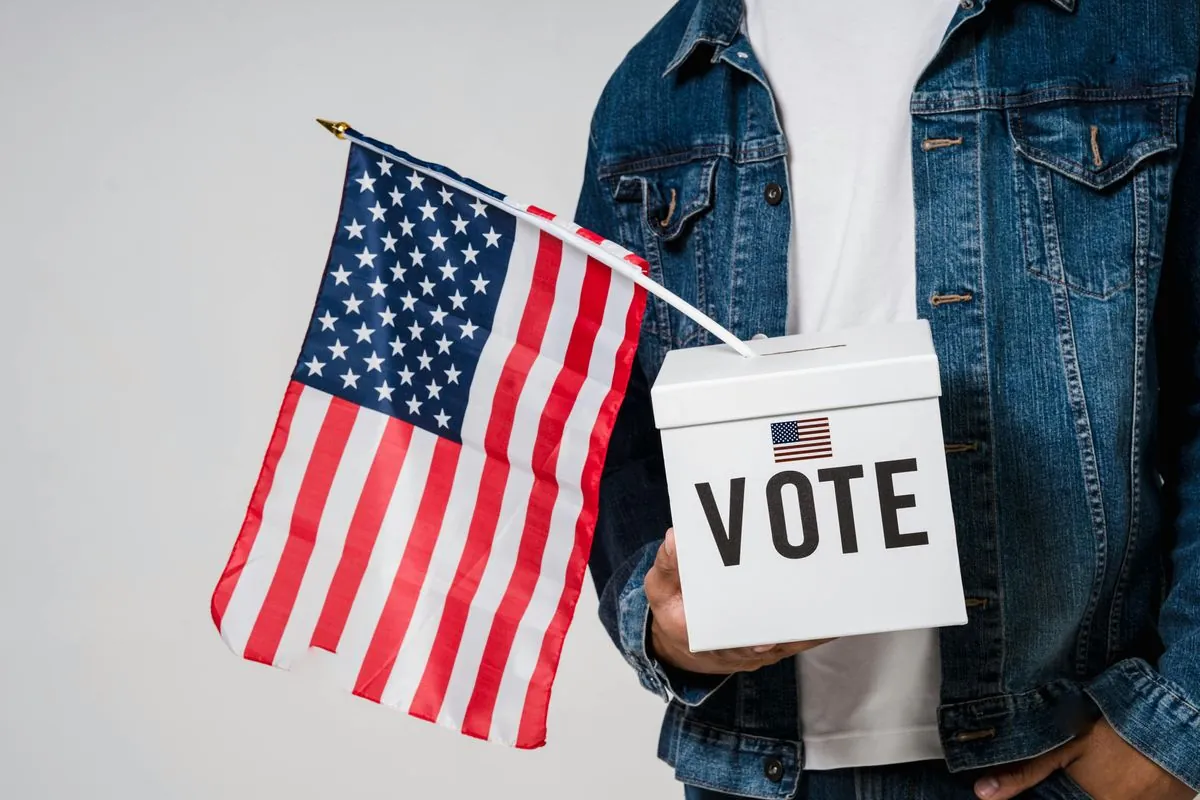In the aftermath of the 2020 U.S. presidential election, supporters of Donald Trump have propagated two main theories challenging the legitimacy of the results. The first, alleging widespread fraud, lacks substantive evidence. The second, more nuanced theory, suggests that various factors indirectly influenced the outcome in favor of Joe Biden.
This second theory points to changes in election rules, funding from large donors for election administration, and actions by social media companies as elements that potentially swayed the results. While these claims are difficult to definitively disprove, they allow proponents to distance themselves from more extreme fraud allegations.
However, recent developments have exposed inconsistencies in this stance. In Georgia, the State Election Board, with a pro-Trump majority, implemented a new rule mandating hand counts of submitted ballots. This decision, driven by unsubstantiated fraud claims, potentially empowers local officials to influence election outcomes by excluding certain votes.
"The new rule empowers local officials to potentially shift the outcome of the election by excluding pockets of votes offered in favor of Trump's Democratic opponent, Vice President Kamala Harris."
This situation mirrors concerns raised by Trump's attorney John Eastman in a January 2021 memo about rule changes in Georgia prior to the 2020 election. The irony of Republicans now implementing similar changes they previously criticized is not lost on observers.
The role of social media in elections has also become a focal point of debate. While contributions from Mark Zuckerberg's foundation to election administration were heavily scrutinized in 2020, Elon Musk's explicit support for Trump on X (formerly Twitter) has received little criticism from the same quarters.
Musk's actions, including endorsing Trump, supporting a PAC aimed at turning out Republican voters, and handing over the @America handle to promote Trump's candidacy, far exceed any alleged influence by Zuckerberg in 2020. This stark contrast highlights the shifting perspectives on social media's role in elections.
The censorship of reporter Ken Klippenstein, who published information allegedly related to Trump's vice-presidential vetting process, further illustrates this double standard. While the brief limitation of a New York Post story about Hunter Biden in 2020 sparked outrage, Klippenstein's ongoing ban has been met with silence from those who previously decried social media censorship.
Recent research has shed light on the complex relationship between social media and political discourse. Studies suggest that right-wing users are more likely to share false claims online, potentially explaining why content moderation efforts may disproportionately affect conservative voices.
As the 2024 election approaches, these issues of election integrity and social media influence remain at the forefront of political debate. While arguments about election legitimacy could potentially be used by any losing side, the likelihood of widespread adoption of such tactics remains uncertain.
Ultimately, the evolving narrative surrounding election integrity underscores the need for consistent principles in evaluating electoral processes, regardless of political affiliation. As the United States continues to grapple with these challenges, maintaining faith in democratic institutions while addressing legitimate concerns will be crucial for the health of the nation's political system.
